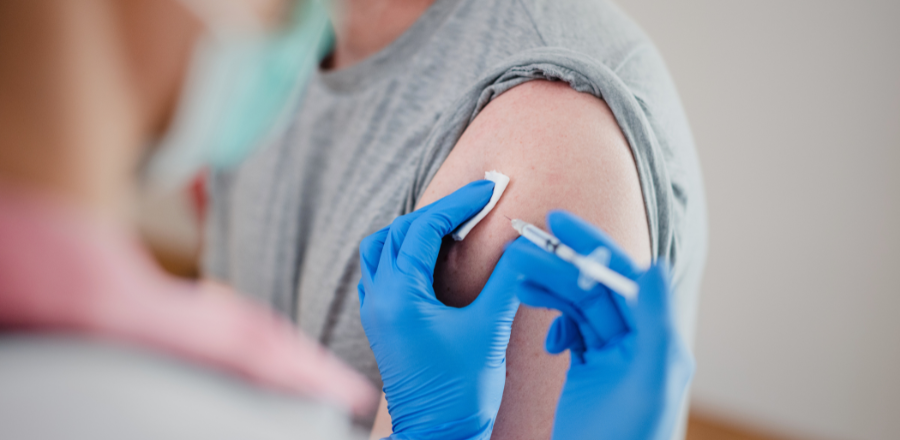Put your trust in GPs to address vaccine hesitancy
General practitioners must be at the heart of Australia’s efforts to rebuild community trust in vaccines and reverse the trend of falling immunisation rates.

The Australian Medical Association’s new position statement on immunisation stresses the importance of patients seeing a GP, with GPs and their teams best placed to provide trusted advice tailored to individual circumstances.
AMA President and GP Dr Danielle McMullen said it was unfortunate that trust in vaccines had fallen since the COVID-19 pandemic amid rising misinformation and anti-science sentiment.
“Vaccine hesitancy in countries around the world is becoming a major drag on global immunisation rates, placing millions of people at risk,” Dr McMullen said.
“Australia is not immune to vaccine hesitancy, and it is disappointing we are seeing a drop in immunisation rates at home, especially among children.”
According to the National Centre for Immunisation Research and Surveillance, childhood immunisation rates have been falling since 2020 at all three age milestones — one, two and five years.
Dr McMullen said the government must focus on turning the tide and restoring trust in vaccinations — and the best place to do that is general practice.
“It is important vaccines are administered in settings where patients feel comfortable discussing any concerns they have about vaccines — something that is difficult to achieve in a retail setting,” Dr McMullen said.
“General practices deliver the majority of vaccines each year as part of the comprehensive, patient-centred care that GPs have been trusted to provide for generations.”
The AMA’s position statement makes it clear general practices are best equipped to provide medically supervised, best-practice immunisation services — delivered by a team of medical practitioners and qualified practice nurses.
The position statement also emphasises the role GPs have in promoting access to National Immunisation Program vaccines, particularly for children and at-risk patients.
“Childhood immunisation appointments are the bread and butter of general practice, and they are important opportunities for family doctors to assess a child’s growth, development and overall health,” Dr McMullen said.
“We recognise there has been a push to expand immunisation availability including through community pharmacies, but to date we have no evidence this is helping to improve rates of immunisation, especially for our most at-risk: kids, older adults, pregnant women and people with medical conditions.”
The AMA will continue to call for greater funding for general practice, including increased investment in the Workforce Incentive Program, to improve access to immunisation services through GPs and practice nurses.


